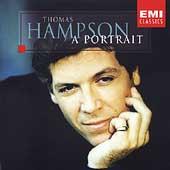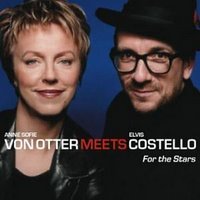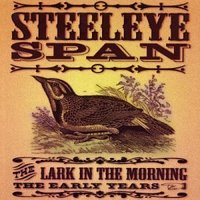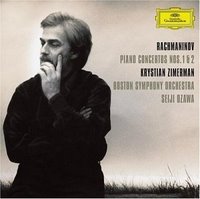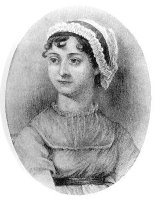 I can’t imagine why anyone reads books by the well-known adulterer Charles Dickens or that spiteful gossip Jane Austen (no wonder Cassandra burned most of the letters).
I can’t imagine why anyone reads books by the well-known adulterer Charles Dickens or that spiteful gossip Jane Austen (no wonder Cassandra burned most of the letters).
Yet I frequently hear, particularly from other romance writers, “Oh, I don’t like Author X. I’m not reading her books.” And it always puzzles me. Sure, not buying an author’s book will deprive her of the few pennies of royalties she might earn through your purchasee. Of course, that begs the question of whether it would be morally responsible to borrow said book from the library, read it illicitly in a couple of expensive java visits at your local Borders, or pay a quarter for a copy at the thriftstore. A further ethical question might be raised if you enjoyed the book—oh horrors—what then? Does it mean you, the reader, are tarred with the same brush, or, rather like earnest clerics researching pornography, corrupted without even knowing it? Chances are you might flip it closed with the satisfaction that Author X is indeed confirmed as a Bad Person—”I knew it when the heroine’s kitten drowned and that sweet lisping child fell into the midden”—and feel your point is proved.
 Part of the trouble is there’s just too much information on romance authors. And it’s our own fault. We’re all over the place, chatting away on blogs and websites, and thinning the line between promotion of our books and promotion of ourselves, just being just so darned nice all the time. And if that niceness slips into real opinions and passions, it may raise some hackles. I’m not excusing bad author behavior or authors who are rude to people in public (I think most of us have had experience with those), but it seems you can get away with a lot more as a dead literary lion (most of whom were not Boy Scouts in real life) than as a live genre writer.
Part of the trouble is there’s just too much information on romance authors. And it’s our own fault. We’re all over the place, chatting away on blogs and websites, and thinning the line between promotion of our books and promotion of ourselves, just being just so darned nice all the time. And if that niceness slips into real opinions and passions, it may raise some hackles. I’m not excusing bad author behavior or authors who are rude to people in public (I think most of us have had experience with those), but it seems you can get away with a lot more as a dead literary lion (most of whom were not Boy Scouts in real life) than as a live genre writer.
Is good writing good writing—whatever?
Janet





